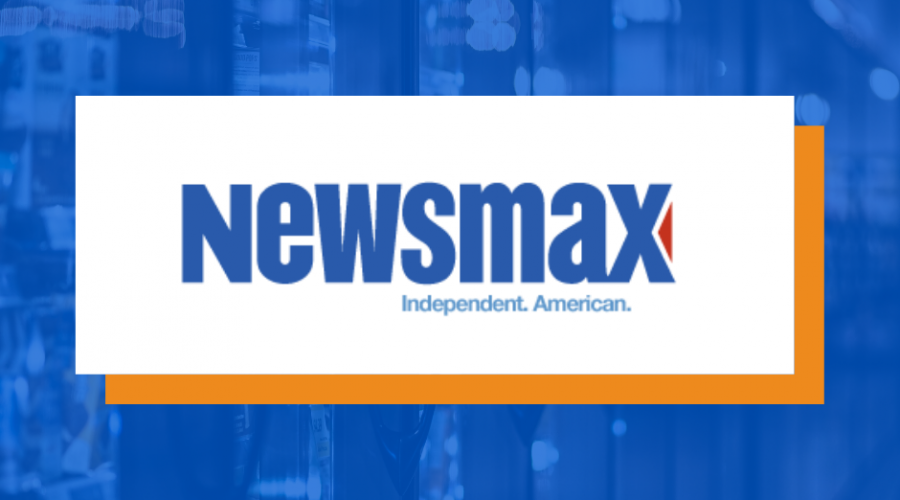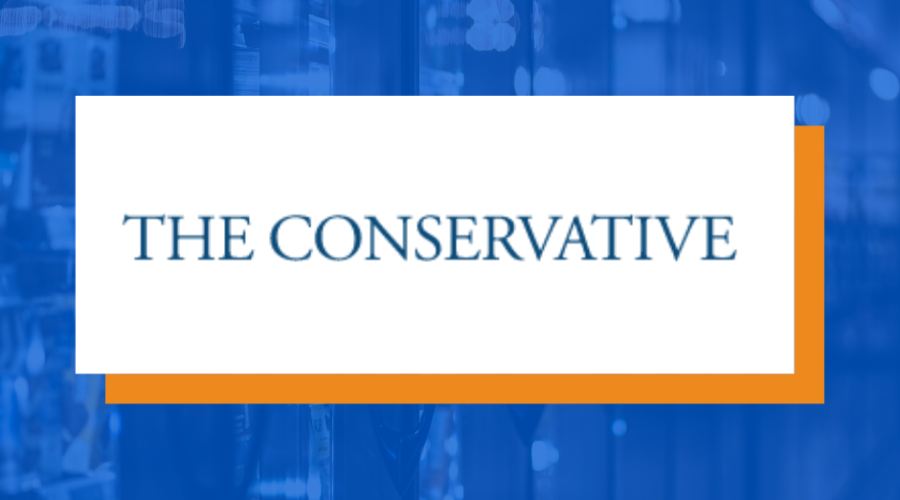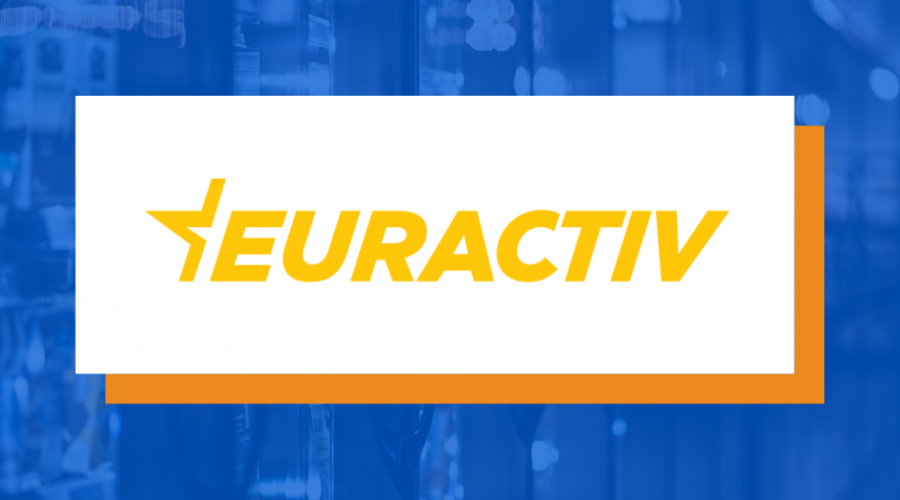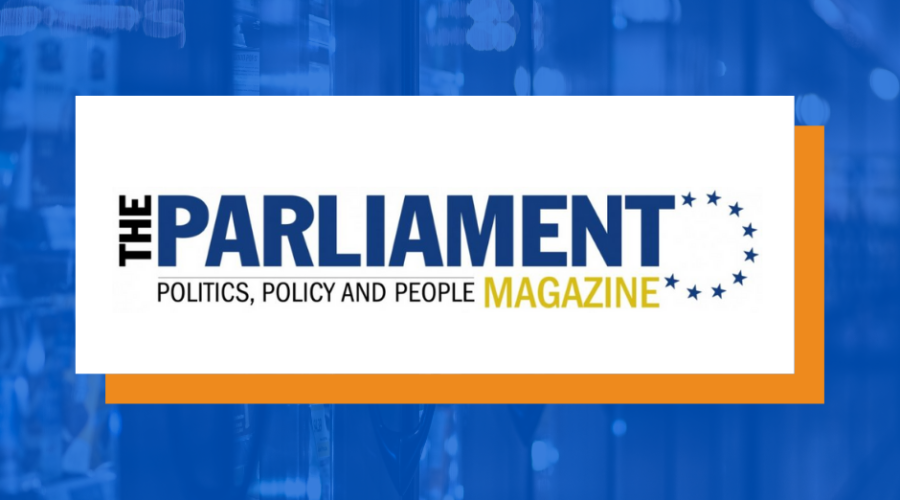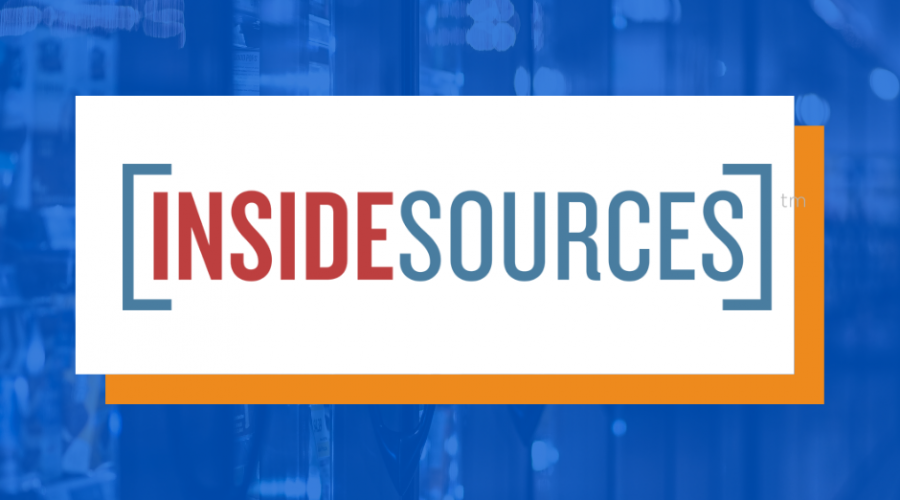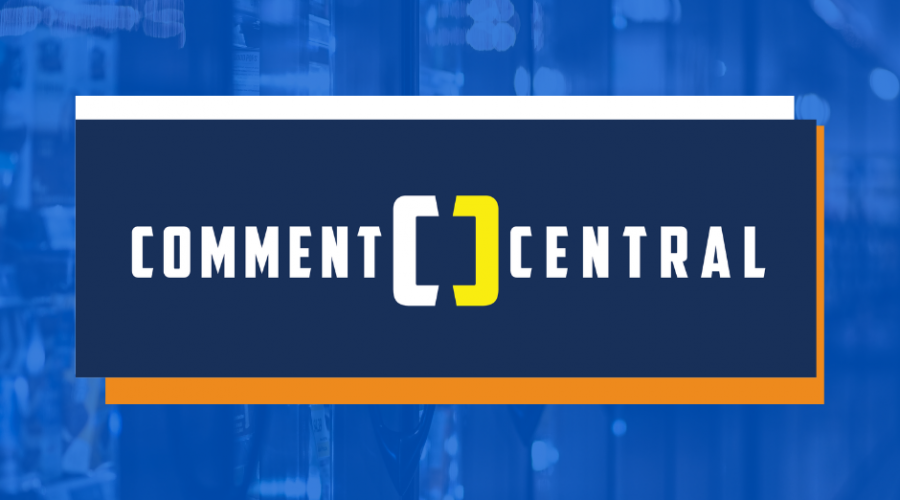Why Targeted Ads Are a Blessing
You are reading this column online, and much like most of the news, entertainment and communication you’ll consume today, you’ll need your phone, tablet or computer to do it.
Terrestrial TV, print newspapers, radios and physical letters are still in business, but we’ve come a long way since the days in which a house had one computer with internet access. The New York Times, not exactly the most prominent defender of modern capitalism, generated more revenue online than it did with its print edition in 2020.
Advertising has changed with the media consumption of consumers. Targeted advertising makes it a lot easier for companies to precisely identify the key demographic they’re trying to reach.
Gone are the days in which childless people sit through diaper commercials, or an elderly audience is bombarded with the deals for the latest video games.
For commercial reasons, targeted advertising has been the logical evolution, even though it in no sense reinvented the wheel: even prior to the internet, companies wouldn’t advertise surfing gear in Vermont or ski equipment in Florida.
That said, isn’t modern advertising achieving the famous adage of buying things we don’t need for people we don’t like with money we don’t have? Let me express an energetic ‘meh’ towards that assumption.
In fact, I believe that targeted advertising achieves the opposite: by fine-tuning the ads we see to the things we are actually interested in — conjointly with the availability of platforms that compare prices and quality — we are less likely to be bombarded with goods we might buy but don’t want.
That’s exactly what social media ads do, and it’s the reason why small business owners and marketers use these platforms: to reach the people who have particular interests.
Incidentally, even the enemies of advertising rely on the age of commercialization. Former administrator of the Office of Information and Regulatory Affairs under the Obama administration, Cass Sunstein, author of the essay “Fifty Shades of Manipulation,” in which he labels marketing as manipulation, benefits from smart algorithms.
How else could I explain that Amazon has, for weeks, been trying to recommend me to purchase his books after viewing a couple of his publications?
Of course, Sunstein doesn’t mind nudging consumers when it comes to public policy — in fact, he operates under the assumption that consumers don’t know what’s best for them and that an array of government nudges will push them in the “right” direction. As always, the government doesn’t mind the tool; it just dislikes competition.
One thing remains apparent: Consumers buy only what they really want. Yes, while it’s plausible that we all buy the occasional superfluous gadget, it is also true that no commercial in the world could convince consumers to switch their light bulbs for candles.
Good products and services win in the end, and targeted advertising levels the playing field by allowing small startups to get their foot in the door through advertising that is more precise and cheaper than ever before.
From both the user and the commercial perspective, targeted advertising is actually a blessing.
Originally published here
